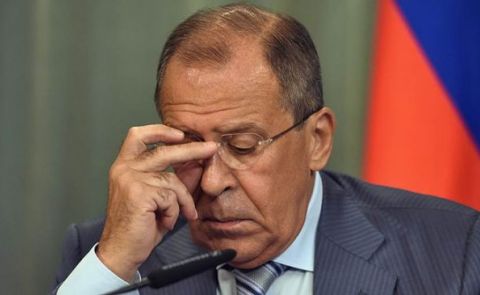
New report on humanitarian violations during the Second Nagorno-Karabakh war
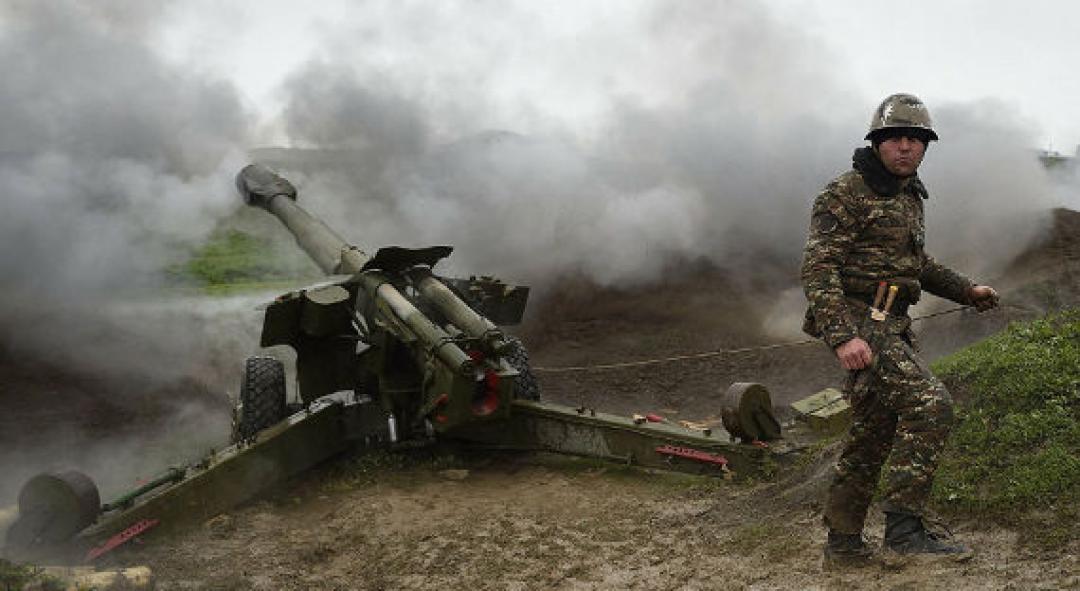
On 10 June, Brussels-based international non-governmental organization (INGO) “International Partnership for Human Rights” in collaboration with the Ukrainian human rights NGO “Truth Hounds” and the international lawyers partnership and Global Diligence LLP published a report on the war crimes committed during the Second Nagorno-Karabakh war.
The key findings of the report were that during the 44-day war: 1) at least 32 bombings of civilians and civilian infrastructure were documented; 2) members of Azerbaijani armed forces are responsible for the extrajudicial executions of four captured Armenian combatants and three Armenian civilians, and are further responsible for the enforced disappearance of at least one Armenian civilian; 3) that the Azerbaijani authorities were responsible for the torture and cruel, inhuman or degrading treatment of Armenian prisoners of war; 4) at least seven Azerbaijani prisoners of war were subjected to torture and cruel, inhuman or degrading treatment at the hands of the Armenian armed forces; 5) members of the Armenian armed forces were responsible for at least eight instances of despoliation of the dead; and 6) that the Azerbaijani armed forces appeared to have deliberately targeted and damaged places of religious and/or cultural significance to ethnic Armenians, as well as targeted Armenia hospitals, medical transport and medical personnel during the war.
“Our field investigators found evidence that Azerbaijani forces tortured and executed prisoners of war and captive Armenian civilians, and that Armenia/Nagorno-Karabakh forces tortured Azerbaijani prisoners of war, executed wounded combatants and mutilated the bodies of dead Azerbaijani soldiers,” said the IPHR Director Brigitte Dufour, adding that unless the perpetrators are brought to justice, peace would not come to the region.
Before preparing the report, the staff visited Azerbaijan, Armenia and Nagorno-Karabakh, a conflict zone, from October to December 2020 and met with witnesses. “Ignoring the atrocities detailed in our report would give European Partnership countries carte blanche to wage war without respecting the Geneva Conventions,” Dufour said, and called on the OSCE Minsk Group to establish an independent body to investigate and prosecute war crimes perpetrators.
According to the report, Azerbaijani forces used “inherently indiscriminate weapons” including cluster munitions’ and undertook “indiscriminate or disproportionate bombings” throughout Nagorno-Karabakh, including, but not limited to the cities of Stepanakert (Khankandi), Martakert (Agdere), and Martuni (Khojavend). The attacks investigated resulted in 20 civilian deaths as well as “numerous injuries and the widespread destruction of civilian housing, shops and other infrastructure.”
On the other side, the report verified 13 attacks on Azerbaijani civilians by Armenian forces during the war, which resulted in 80 civilian deaths. According to the report, nine of the incidents were “indiscriminate and/or disproportionate attacks” that violated international humanitarian law. The report was verified in the cities of Ganja, Barda, and Terter among others.
In the report, the organisations cited some examples from the events they watched. It is reported that in one incident, Azerbaijani security forces stripped an Armenian prisoner naked and beat him with batons before taking him to the state security prison. He was later tortured further. The report also drew attention to a video posted on Telegram on where an Azerbaijani soldier's throat was cut by a soldier of the Armenian forces and afterwards kicked in the head. It was also emphasised in the report that to date, there was no indication that any of the documented incidents have been independently, promptly, publicly and effectively investigated by the relevant authorities.
The report also noted the use of SCUD missiles by Armenian forces on the city of Ganja which resulted in 13 civilian deaths and over 50 injuries. It was said that armed forces on both sides deliberately opened fire on civilians with heavy artillery or air support. In some cases, they killed all members of a family.
It should be noted that the INGO’s Amnesty International and Human Rights Watch also published their reports on the war crimes committed during the war. The report by Amnesty International focused on the war crime videos which were posted on Telegram following the signing of the 9 November trilateral agreement, while the Human Rights Watch published two separate reports on the unlawful use of explosive weapons by Armenian and Azerbaijani forces (Caucasus Watch reported).
See Also

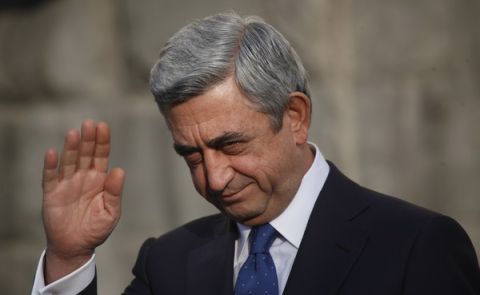
Serzh Sargsyan Rejects Charges, Backs Impeachment, and Warns of Secret Deals
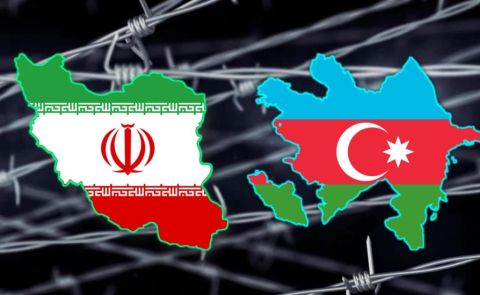
Azerbaijan Confirms Execution of Terrorist Behind Embassy Attack in Iran
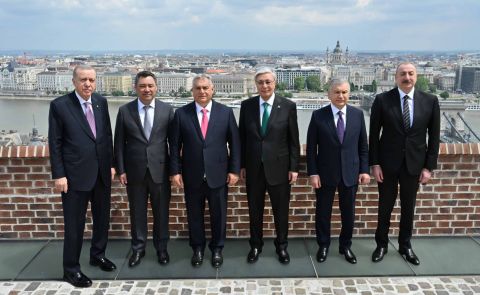
Turkic Leaders Adopt Budapest Declaration, Emphasizing Peace, Trade, and Digital Connectivity
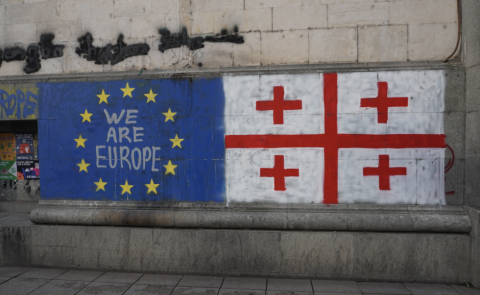
International Officials Criticize Georgian Dream Amid Democratic Concerns

